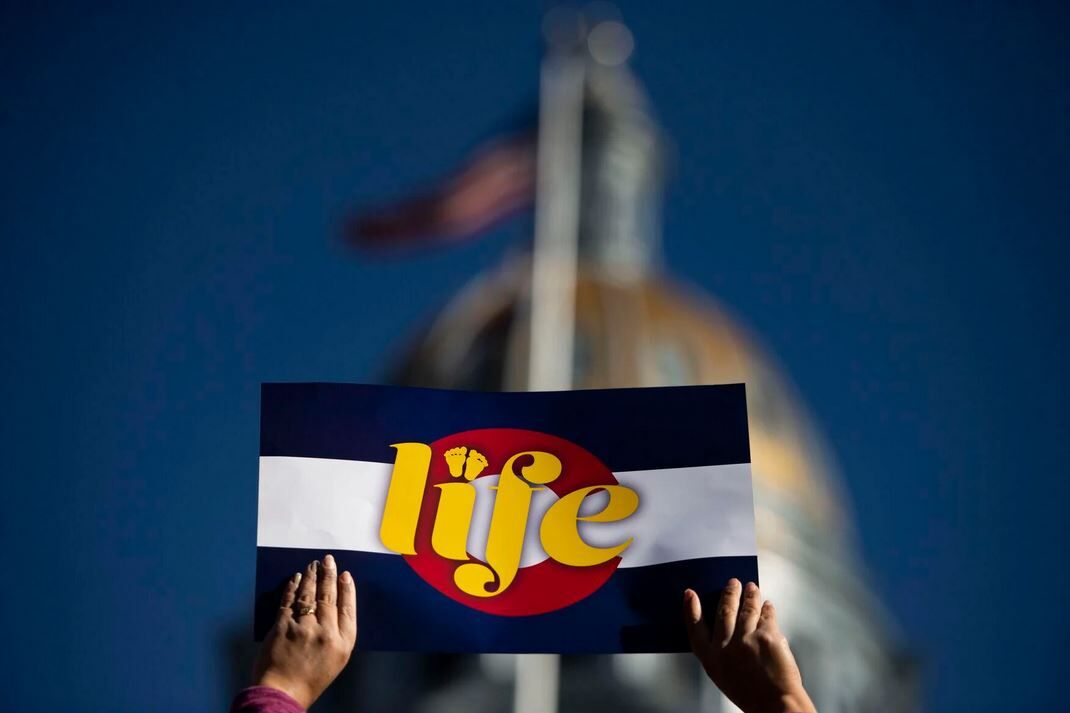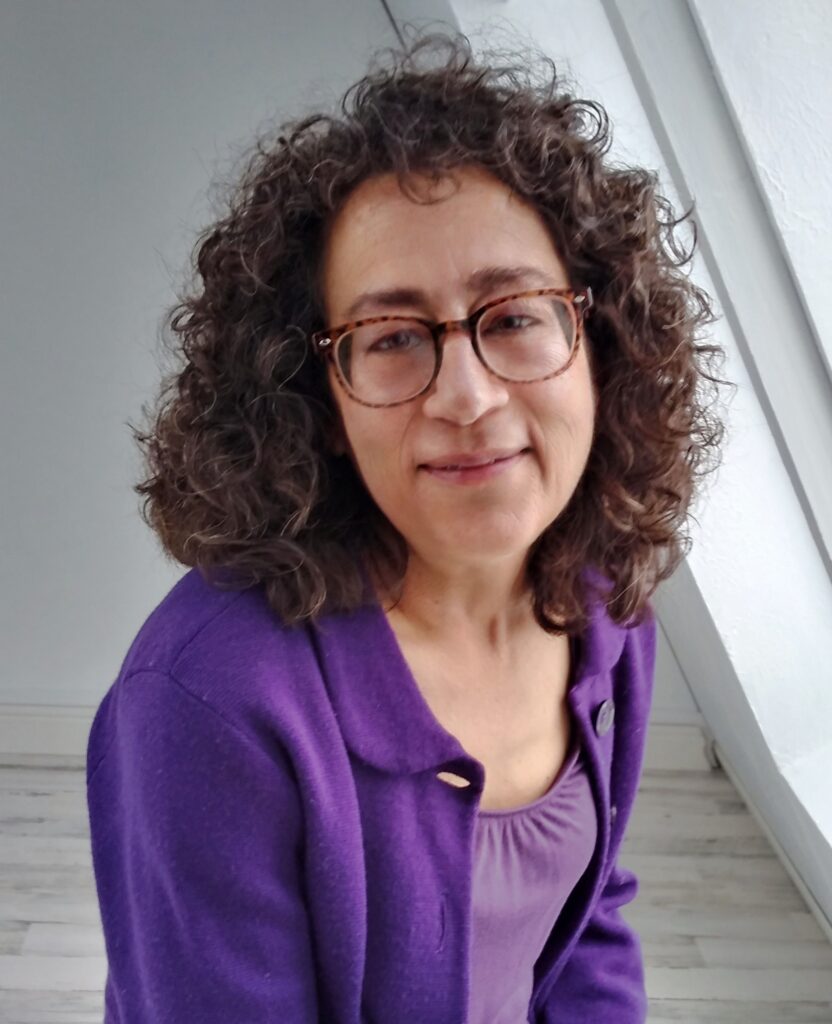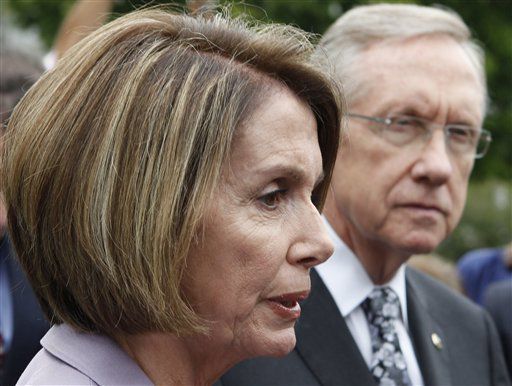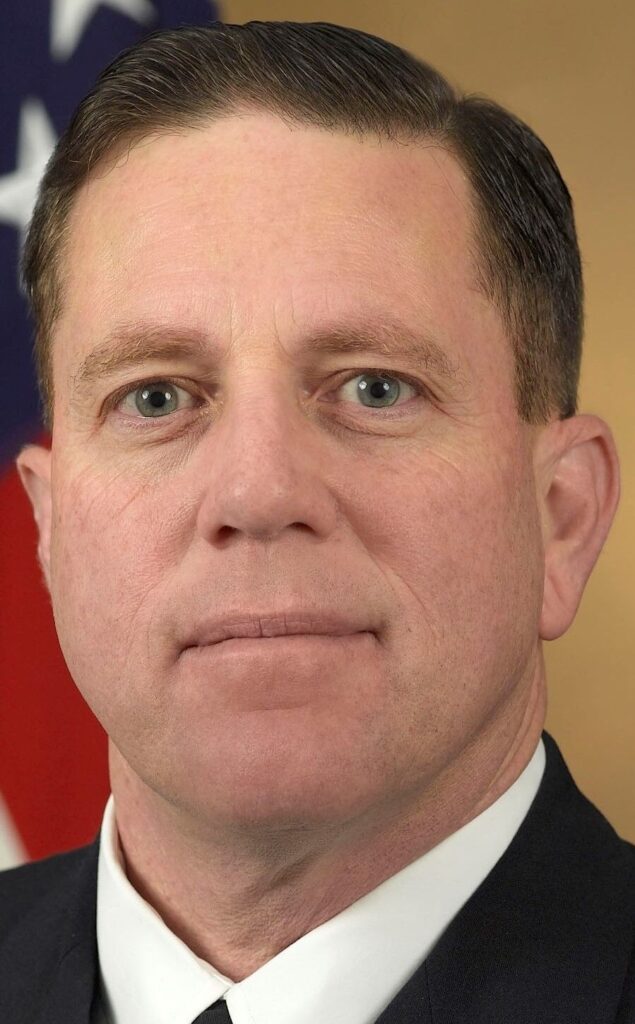Colorado Springs Gazette: Faith has a place in the public square

An open letter from Colorado’s Catholic bishops last week rebuked lawmakers of their faith who had helped enact the state’s sweeping new expansion of abortion rights in March. The Gazette reported the development.
It was a reminder of the important role religion continues to play in our public life. And that’s not only OK, it’s essential to a healthy and productive exchange of ideas in our pluralistic, democratic political system.
While some no doubt will express familiar fears about breaching the wall of separation between church and state, faith institutions in fact have a pivotal place, and a constructive one, in shaping policy debate. Certainly, that’s true of the Catholic Church, which has nearly 1 million adherents in Colorado; built some of its earliest houses of worship, and is embraced by key segments of our population, including much of the state’s historic Hispanic community.
It’s only regrettable some lawmakers took offense. Not only at the well-established Catholic stance against abortion – but also, seemingly, at the fact the bishops spoke out at all.
“This type of politicization of the pulpit is disheartening and out of line with where most Colorado Catholics find themselves,” state Sen. Julie Gonzales told our news affiliate, Colorado Politics. The Denver Democrat was the state Senate’s prime sponsor of House Bill 1279, dubbed the Reproductive Health Equity Act. Gonzales, who was born into the Catholic faith but says she does not practice it, was among the lawmakers addressed in the letter. It calls on Catholics who voted for the bill to refrain from taking communion.
“I think that church leadership has strayed too far from its principles around Catholic social teaching,” Gonzales said.
Whether it is the Catholic Church – or Gonzales – that has strayed is of course not our call. But to accuse her onetime religion or any other of “politicization” is to dismiss the fundamental contribution the faith community makes to the political process.
Colorado’s legislature includes devout members of the world’s great faiths as well as members of no particular faith. There are believers and non-believers serving side by side. Social, cultural and other influences – including deeply-held spiritual beliefs among many lawmakers – inevitably influence their lawmaking.
The issues they take up – criminal justice, social welfare, abortion; the list goes on – can have profound moral implications. Organized religion, which historically has shaped the moral code and the basis for lawmaking in most societies, helps articulate that moral framework for lawmakers. It’s worth remembering organized religion played a seminal role in the 19th century’s abolitionist movement to ban slavery – one of our republic’s all-time defining issues.
Nearly two thirds of Americans are self-described Christians, according to Pew Research Center survey data released last December. That’s a somewhat smaller percentage than a decade earlier but still substantial. And that’s not to mention the long-standing U.S. Jewish community or the country’s rapidly growing Islamic and Hindu communities, among others.
However they stand on abortion rights or any other debate, lawmakers including Gonzales ought to welcome the input of organized religion. That input may not always jibe with their own views, but it can represent – and help enunciate – the views of many of their constituents.
Politicians would do well to listen.
Colorado Springs Gazette editorial board














